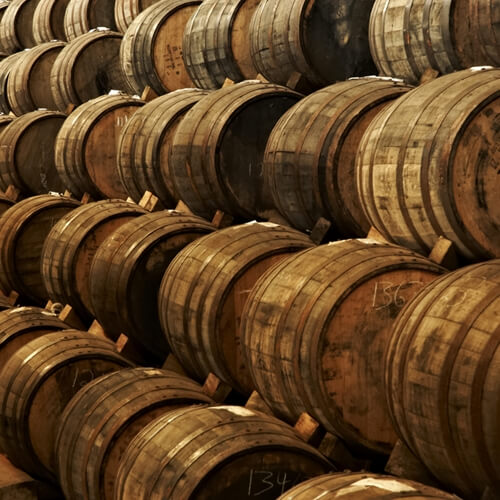Bottoms Up: How To Cook With Alcohol
It’s not uncommon for adults to sit down to dinner with a glass of beer, wine or brandy. However, alcohol contributes to meals in another way, as it’s often used to prepare the food itself. When cooking with alcohol, chefs are able to draw out new flavors from dishes like steak, chicken and various flambeed entrees, according to Food 52. Before you pour some lager on a nice cut of beef, though, there are a few tidbits you should be aware of.
Does alcohol burn off?
Many amateur chefs believe alcohol burns off entirely during the cooking process. However, that’s not entirely true, Food Network explained. Rather, depending upon the method used and the recipe itself, some alcohol will always remain:
- Flamed: These dishes retain 75 percent of the alcohol.
- Baked or simmered: Here, time has a noticeable effect. Anything cooked for an hour will maintain 25 percent of the alcohol. It takes another hour to cut the amount to 5 percent.
- Uncovered, no heat: This method allows you to keep 70 percent of the alcohol.
These figures are important to remember as the remaining alcohol does affect the overall dish.
What pairs best?
As a rule, certain alcohols work especially well with certain dishes, according to Foodie Junky. For darker meats, try and use a liquor like whiskey, which will help enhance the earthy textures. Meanwhile, if you’re cooking a lighter meat, namely fish or chicken, tequila will play up the natural flavoring. You should always be cautious of the alcohol’s proof, food writer Harold McGee suggested. Alcohol dries out meat, so the stronger the liquor is, the more pronounced that dehydration will inevitably be. Finally, don’t bother with cooking wine, as it usually carries little flavor. Instead, use alcohol you might drink yourself.
When do I add the alcohol?
Often times, cooking with alcohol is all about timing. Speaking to Food & Wine magazine, chef Alex Guarnaschelli said people never give alcohol enough time to cook, which can have adverse effects. To ensure you don’t throw off the flavor, let most of the wine evaporate before adding in the stock or other liquids. Otherwise, you might have a dish with a distinct taste of uncooked wine.
However, there is a way to salvage the dish if you add to much alcohol. Guarnaschelli suggested butter or olive oil, which can balance the overall taste. Pureed onions work best for savory dishes, while apples are better for more fruit-centric recipes.
Thirsty for even more culinary tips and tricks? Then enroll in online chef courses.


